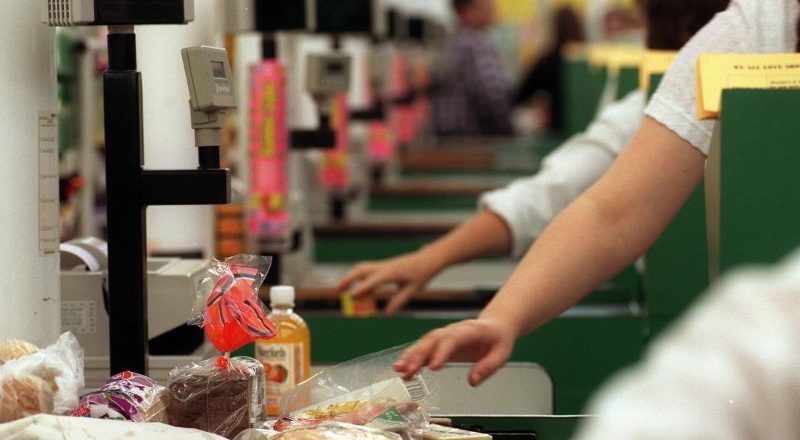Crunching the numbers: Are rewards schemes worth it?
Are you better off giving all your business to one loyalty scheme and trying to maximise the payback? Or shopping around for the cheapest prices and paying no heed to points?
It’s a perennial question, and it’s not an easy one to answer because rewards schemes are confusing, and they’re designed to be that way.
Are you better off giving all your business to one loyalty scheme and trying to maximise the payback? Or shopping around for the cheapest prices?Credit:Michele Mossop
The marketer’s goal is to create something that has a higher ‘perceived value’ than its real value. That way its cost to the business is low, but its impact on the customer is high.
Rewards points meet this criterion because they don’t have an intrinsic value: a Qantas point, for example, is worth about 2c on average, according to finder.com.au. But it ranges from 0.5c if exchanged for gift cards, right up to about 5c if used to redeem first-class upgrades.
So it’s impossible to calculate precisely the value of a rewards scheme for a ‘typical’ household – not just because of the elusive value of points but also because of the profusion of ‘bonus point offers’ each scheme produces.
But it is at least possible to add up how many base points you’d earn by doing your grocery shopping, petrol, car and home insurance and a rewards credit card with one program – and to calculate the dollar value based on the average value of a point. So that’s what I did this week.
My imaginary household spends $300 a week on groceries, $100 on fuel, $35 a month on a mobile plan and $2000 a year on car and home insurance.
I looked at Coles, Woolies and Qantas as the main examples.
COLES: Use a Coles rewards credit card (annual fee $99) to pay for the groceries: 600 Flybuys points. Take out Coles car and home insurance with the card: another 600 bonus grocery points each week, plus 4000 points for the premiums. Take out a Coles Mobile plan: get 10% off one shop a month (worth $30). And $2 in fuel docket savings a week.
TOTAL: About $858 a year in base rewards for $23,000 spend. (Plus $320 in bonus points for taking out the new Coles financial products, but that’s a one-off.)
WOOLWORTHS: Woolies is not accepting new credit card applications but based on its most recent rewards card offer: 600-900 Everyday Rewards points for your weekly grocery shop, plus 2000 points for your car and home insurance premiums. Woolworths Mobile plan: 10% off one shop a month (worth $30), and fuel dockets about $2 a week.
TOTAL: About $790 a year in base rewards for $23,000 spend. (Both Flybuys and Everyday Rewards points are worth about 0.5c each.)
QANTAS: Use a Qantas rewards card (annual fee of $249) to pay for your groceries, and you’ll get 300 Qantas points. You’ll also get 2000 Qantas points for using it to pay car and home insurance premiums, and another 2000 for taking out those policies. Qantas has a deal with BP that offers similar value to the supermarket dockets: $2 a week.
TOTAL: About $496 in base rewards for a $22,500 spend. (Plus a one-off $2000 in bonus points for taking out the new Qantas products.)
So my imaginary household gets around $500-$900 in base value from being loyal, and maybe the same again if they play the rewards game and chase bonus point deals. To work out if they’re in front, you’d need to decide if they’re spending that much extra by sticking with one provider rather than shopping around (shopping at Aldi, for example, can save you upwards of 10% a year according to comparisons by CHOICE and others).
- Advice given in this article is general in nature and is not intended to influence readers’ decisions about investing or financial products. They should always seek their own professional advice that takes into account their own personal circumstances before making any financial decisions.
Joel Gibson is the author of KILL BILLS! The 9 Insider Tricks you Need to Win the War on Household Bills. Catch his money-saving segments on Nine Radio, TODAY & Twitter @joelgibson.
Most Viewed in Money
From our partners
Source: Read Full Article


